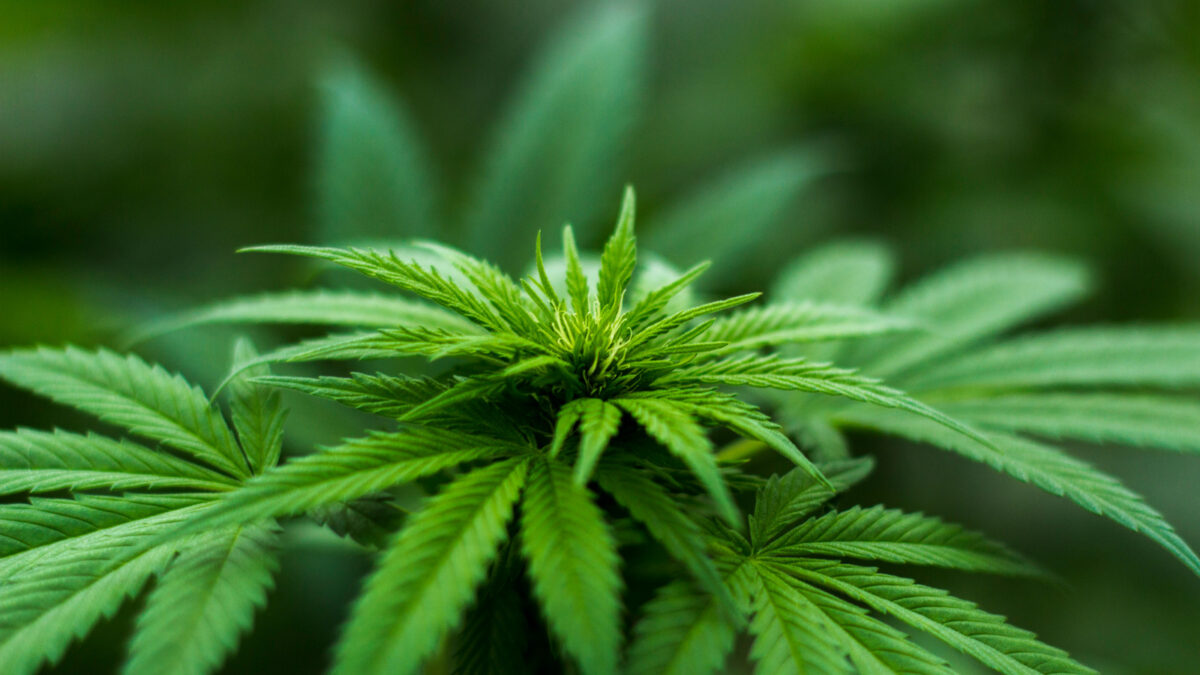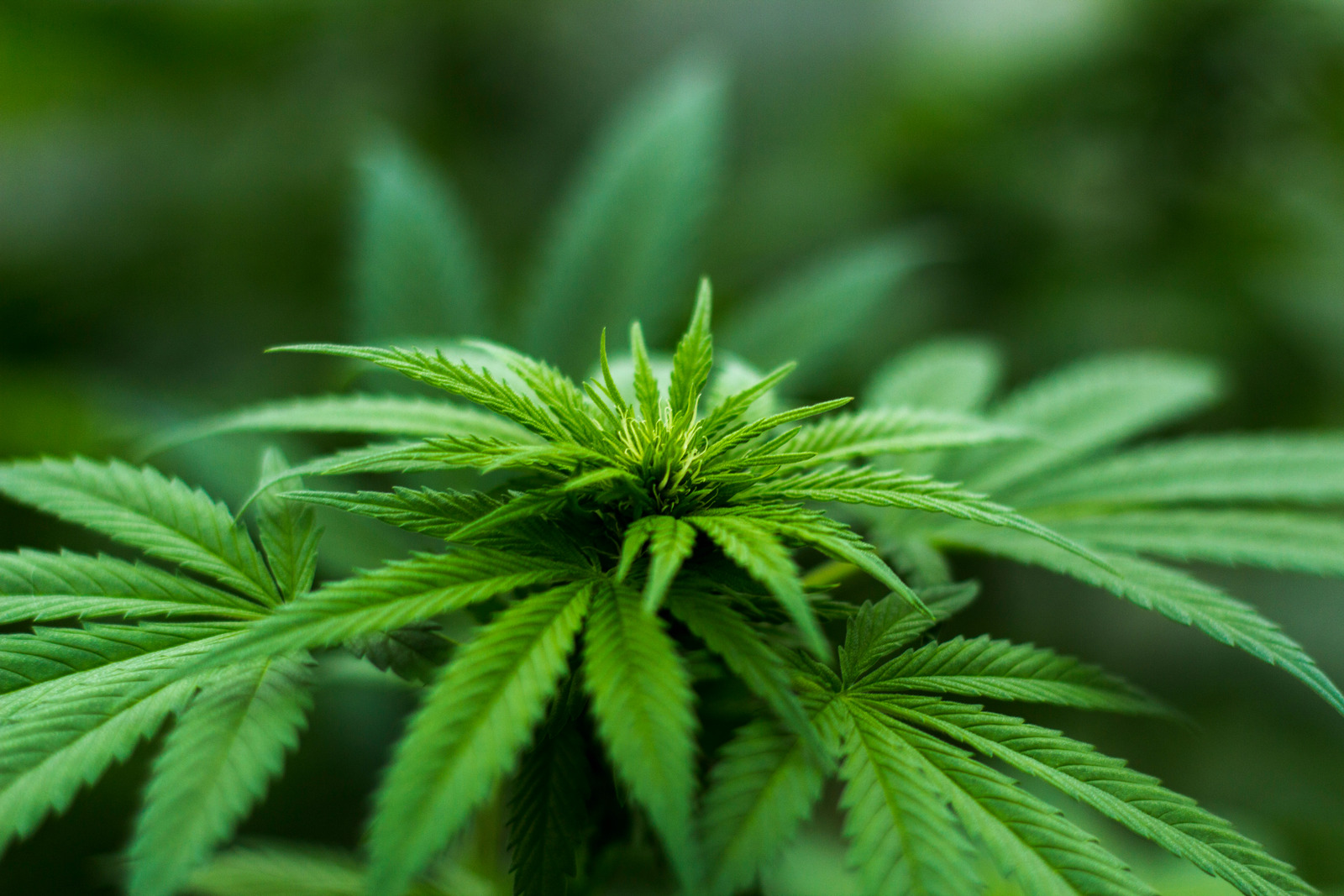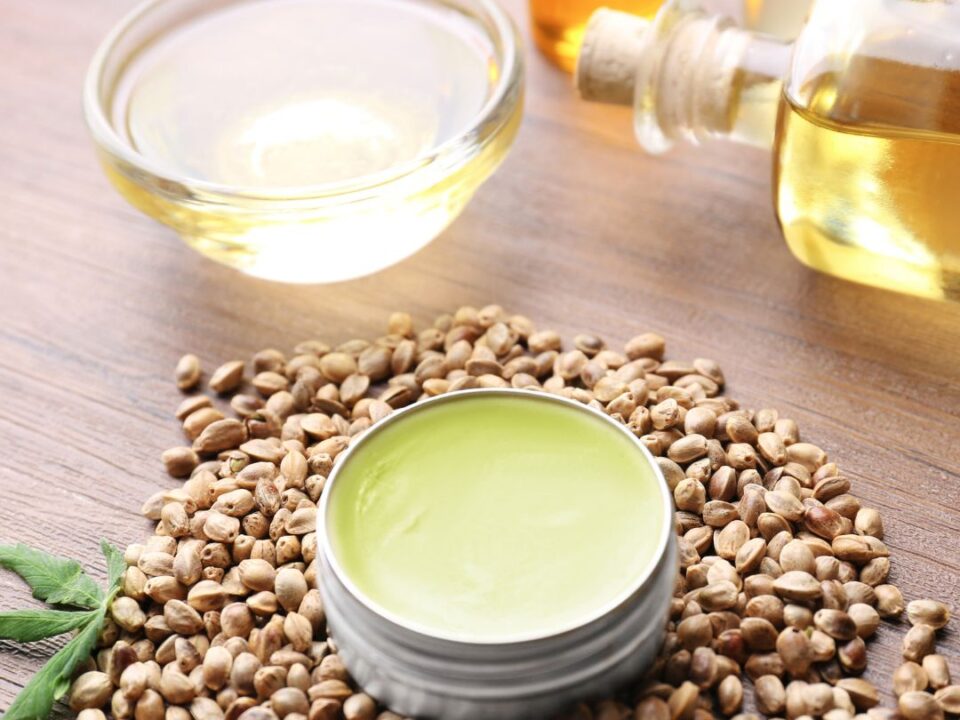
What is CBDa
CBDa Cannabidiolic acid
So, we’re all just about getting our head around the idea of CBD oil and all of the benefits and stipulations that it comes with, now we also have CDBa to think about too. It might seem a little confusing, and that’s expected with anything new, especially when we’re using for our bodies. You might be confused as to why CBDa is now being included in CBD oils and does it make it any better? What is the actual difference between the two? Let’s have a look in more detail below:
What is CBDa Cannabidiolic Acid?
CBDa known as Cannabidiolic acid is a compound found in hemp called a cannabinoid.CBD is also a type of cannabinoid, however, if you looked closely at fresh hemp, you find minimal CBD. Instead, you would expect to find an abundance of CBDa. This is because it is the acid precursor of CBD and only appears when raw hemp that contains CBDa is heated, causing a reaction known as decarboxylation. A reaction where you remove a carboxyl group. CBDa is now becoming a cannabinoid that is of interest.
Is CBDa better than CBD?
CBD is now well-known for its curative effect that is used for a wide variety of unwanted symptoms. CBDa is a stronger variant of this and therefore contains a heightened value which in turn leads to a heightened effect. They both have beneficial compounds but work great together. This means that CBDa could be proven to be more effective than CBD, but if you want the best results it may be a good idea to use them as a combines method of treatment.
Is CBDa good for anxiety?
Just like CBD, CBDa may help to reduce the effects of anxiety. Studies have shown that CBDa and/or CBD could be used as an effective treatment for specifically triggered anxieties such as PTSD or public speaking. More research is needed in this area before a definitive conclusion can be made, however, it is believed that CBDa could have a good future in been used to treat anxiety.
What are CBDa and THCa
CBDa – Cannabidiolic acid is the cannabinoid precursor to CBD that is found in the raw cannabis plant. Using a process known as decarboxylation, the compound turns from CBDa to CBD. It’s believed to have benefits that include anti-inflammatory, antioxidant, antibacterial, prevent cancer from spreading, reduces nausea and vomiting,
THCa- Tetrahydrocannabinol acid is the cannabinoid precursor to THC found in raw cannabis plants. In the same way, as CBDa turns into CBD, through decarboxylation it is turned into THC. It’s believed that it has benefits that include antioxidant, pain reliever, neuroprotectant, appetite stimulant, anti-proliferative and anti-inflammatory.
What is CBDa Cannabidiolic acid?
Despite already demonstrating it’s therapeutic potential, CBDa has not normally been considered as a viable clinical treatment. It’s seen a naturally an unstable compound which is seen by its gradual decarboxylation at room temperature, This meant that it was never considered to be a viable option for clinical treatments and concentration was focused on CBD.
However, new research suggests otherwise. Dr. Raphael Mechoulam, the cannabis scientist who was the first to synthesize THC and CBD, may have cracked it and broken down that barrier of opportunity. When he spoke at CannMed 2019 conference in California, he announced that his research team has found a way to transform the unstable CBDa into a more stable compound, meaning it retained the therapeutic potential of CBDa.
He and his dedicated research team have worked to stabilize CBD causing a method that converts it into methyl ester derivative otherwise known as cannabidiols acid methyl ester, or HU-580. They have used methods of research that involves testing the compound on an animal model for depression. This research has confirmed that CBDa still retains its ability to help with reducing the symptoms of anxiety and behaviors that come with this. They have also managed to enable it to be chemically stable enough to be considered as a clinical drug.
They have also worked closely and succeeded in providing several different ways of administering CBDa which include, tablet form, topical and others to facilitate people who need to use it. This means that CBDa has now got the potential to be used alone or to be used in connection to CBD as a viable treatment for anxiety and depression. This is one of the main reasons you are now seeing them separately and combined.
Usually, you will find that CBDa isn’t considered to be pharmacologically active. This is because more research is needed and they don’t affect the body’s endocannabinoid system in the same way that CBD does. This is why the research was aimed more at CBD rather than CBDa, however, this is changing, and this idea is been challenged.
Back in 2008, researchers spotted that the molecular structure of CBDa closely resembled common nonsteroidal anti-inflammatory drugs (NSAIDs). They then went on to investigate and research the full potential of CBDa to act as an anti-inflammatory agent. They discovered that CBDa demonstrated the same COX-2 behavior as CBD making it a competitor or companion.
CBDa is also been seen as another powerful treatment for anxiety and nausea. A study that took place in Guelph, Canada had scientists discover that CBDa was a thousand times stronger than CBD when binding to a specific serotonin receptor linked to anti-nausea and anti-anxiety effects when coupled with low-doses of the traditional anti-nausea drug for chemotherapy patients, ondansetron (OND).
There are now plenty of different hemp oil supplements around that also contain CBDa. Many contain a broad -spectrum mixture of CBDa and CBD. You can get these in products that come in capsules, topical products, and oil form. Research is minimal for CBDa, so it’s difficult to correlate the specific benefits, so it’s down to you if you want to invest in a CBD product. That been said, early research does suggest that it could be more effective than CBD. This is something to be watched. There’s no telling where research could take us, but the future does look promising. Try Naysa’s Broad Spectrum Heep Seed oil for the full effects of what CBD can do for you!
https://www.analyticalcannabis.com/articles/cbda-vs-cbd-what-are-the-differences-312019





